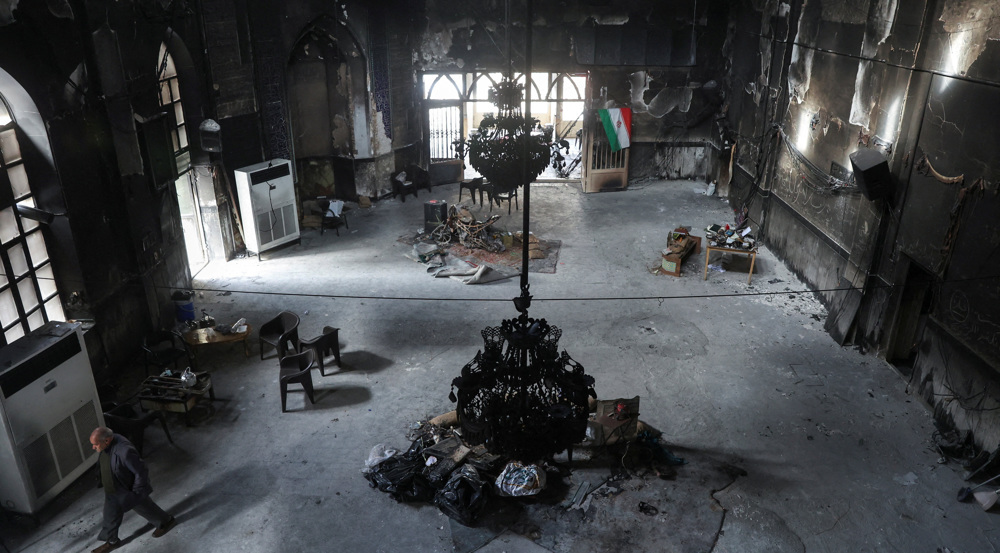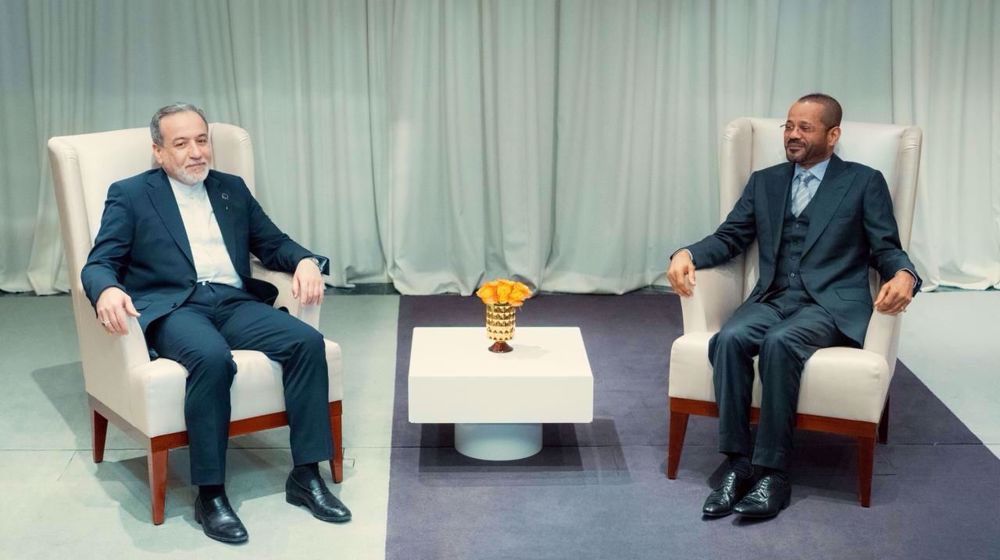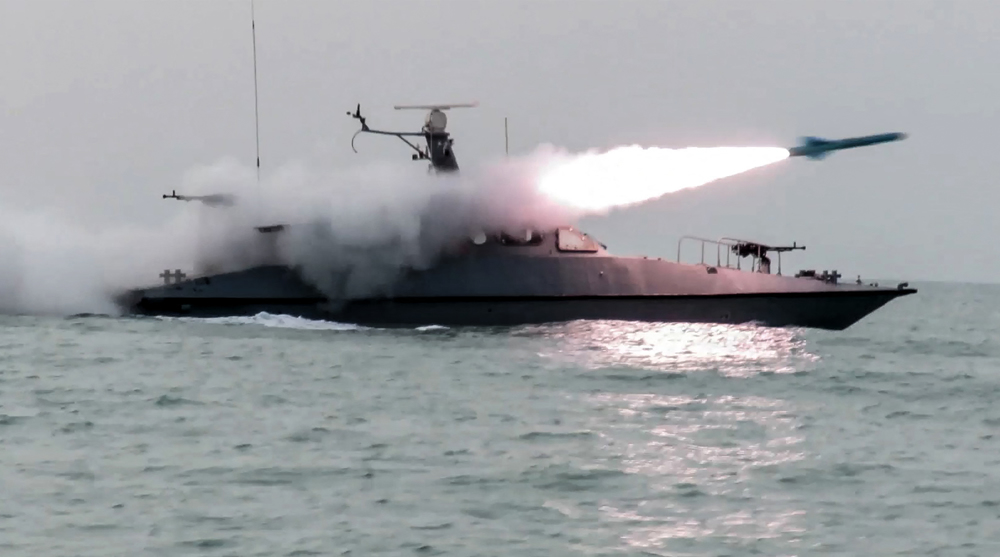Iran: US decision to pull diplomats out of Iraq over 'Iran threat' mere propaganda war
Tehran's mission to the UN has rejected as a mere "propaganda war" America's decision to pull its diplomats out of Iraq amid claims of heightened "threats" from Iran, emphasizing that the Islamic Republic poses threat to no one — neither in Iraq nor elsewhere in the world.
In a travel advisory issued early on Wednesday, the US State Department ordered "non-emergency US government employees" in Iraq to leave its embassy in Baghdad and its consulate in Erbil, the capital of Iraq's semi-autonomous Kurdistan region.
The advisory did not mention Iran, but senior State Department officials said the move was because of an "imminent threat" from Iranian "proxies" based on what they claimed to be increased intelligence reporting received within the past week.
The evacuation order also followed as a series of warnings by American officials over the past 10 days about unspecified “escalatory action” by Iran.
Rejecting the claims, Iran's Permanent Mission to the United Nations said Washington's measure was "the latest episode in America's propaganda war against Iran based on fake intelligence reports."
Iran "is a threat to no one, neither in Iraq nor in other place, and has no intention of launching attacks anywhere," the mission. "As history shows, Iran solely acts to defend itself and has no offensive strategy against other states."
The mission further emphasized that the Iranian nation will not buckle under the new propaganda war."
Key Iraqi military groups react
Washington's claims were also dismissed by Iraq's Harakat Hezbollah al-Nujaba and Asaib Ahl al-Haq, two key military groups known for their active role in the national army's Iran-backed counter-terrorism operations.
Iran provided advisory assistance to the Iraqi army and its allied popular forces in those operations that led to the collapse of the Takfiri Daesh terror group in the neighboring Arab state in late 2017.
Nasr al-Shomari, a commander for the Harakat Hezbollah al-Nujaba, told AFP that the claim was "a pretext" by Washington to create "an uproar" in Iraq.
The head of the Asaib Ahl al-Haq group, Layth al-Azari, also said the allegations were part of a "psychological war" by the US.
Earlier this month, hawkish US National Security Advisor John Bolton said that Washington was preparing for possible attacks by Iran or its allied forces in the region.
Citing those "threats," Washington sent military reinforcements to the region, including an aircraft carrier strike group, a squadron of B-52 bombers, and a battery of patriot missiles.
The US has provided no evidence to support its claims of Iranian threats, which have been disputed both by senators at homes and its allies in Europe.
A British deputy commander in the Washington-led coalition purportedly fighting the Daesh terror group in the Middle East rejected the risk of such an attack.
"There's been no increased threat from Iranian backed forces in Iraq and Syria," Major General Chris Ghika told reporters Wednesday. "We're aware of their presence, clearly, and we monitor them, along with a whole range of others because that's the environment we're in."
Meanwhile, Germany's Foreign Minister Heiko Maas said Wednesday that he made it clear to Secretary of State Mike Pompeo in a meeting in Brussels earlier this week that Washington's unilateral strategy of increasing pressure against Iran was ill-advised.
Inside the US, bipartisan senators urged the administration of US President Donald Trump to explain why it had decided to partially evacuate Washington's diplomatic missions in Iraq and brief them on the alleged threats from Iran.
In an interview with the NBC news last week, Iran's Ambassador to the UN Majid Takht-e Ravanchi rejected statements from the Trump administration that Tehran posed a heightened danger to US interests in the region.
"These are all allegations which are being produced by the same people who, in the run-up to the US invasion of Iraq, did the same," Ravanchi said in an apparent reference to Bolton, who worked in the administration of ex-US president George W. Bush during the Washington-led invasion of Iraq in 2003.
VIDEO | Gaza’s Ramadan: 1.7mn displaced struggle between hope and pain of war
Israel’s West Bank land seizures signal 'alternative homeland' threat: Ex Jordanian official
Tarique Rahman sworn in as Bangladesh’s new prime minister
UAE removes online references to Hind al-Owais after Epstein email revelations
Iran in no way seeking nuclear weapons: Pezeshkian
Oman: Iran-US indirect talks in Geneva achieve tangible progress
VIDEO | Press TV's news headlines
VIDEO | Israeli forces loot Palestinian homes across West Bank












 This makes it easy to access the Press TV website
This makes it easy to access the Press TV website